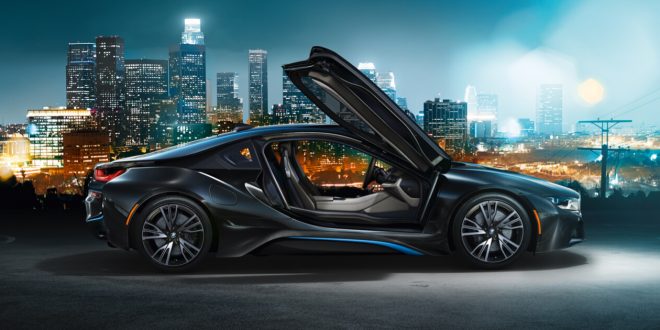As more people understand the impact of fossil fuels on the environment, hybrid and electrical models are hitting the market. With all these choices, buying a new car can seem like a challenging task. Here are some of the pros and cons of each type of vehicle.
How Does a Gas Vehicle Work?
Gas cars are one of the most common types of vehicles. In 2020, light trucks with gas-fueled engines made up about 52% of the estimated market share. A gasoline-powered car uses a combustion engine ignited by a spark. In this type of system, the fuel is injected into the combustion chamber and combined with air.
The Benefits of a Gas Car
One of the main benefits of owning a gas vehicle is convenience. There are gas stations and repair shops almost everywhere.
Another factor to consider is the cost. Purchasing a gasoline car can save you money on upfront expenses. In 2020, the average price of a vehicle was $38,378. Gas cars can also drive longer distances before needing to be refueled.
Things to Consider About Gas Vehicle
One of the drawbacks of driving a gas car is it isn’t the most environmentally friendly option. The fuel burned releases carbon dioxide increasing air pollution. Fossil fuel accounts for 74% of the total U.S. greenhouse gas house emissions.
Another thing to consider is the long-term costs. Due to the high demand gas prices are rising. The average person spends between $400-$1,300 on gas per year.
How Does an Electric Vehicle Work?
With modern technology and environmental concern, electric cars are increasing in popularity. In 2018, there were a total of 543,620 all-electric vehicle registrations. These types of vehicles have a battery instead of a gasoline tank and use an electric motor.
Benefits of an Electric Car
One of the main reasons for purchasing an electric car is the long-term cost benefits. These vehicles have fewer moving parts requiring lower maintenance. You also save money on gas prices. To further lower expenses, some car owners can receive tax credits of up to $7,500.
They also have less of an environmental impact. They don’t create any tailpipe emissions, reducing the amount of air pollution. However, during the production process, they do require some energy consumption of lithium-ion. Despite this, electric cars still produce 50% fewer emissions than gas-powered vehicles.
Things to Consider When Buying An Electric Car
One thing to keep in mind is electric cars have a shorter driving range than gas-powered vehicles. This is because they run on batteries that need to be recharged. In 2020, the median range for electric cars was just over 250 miles, with a maximum capacity of 400 miles.
When it’s time to recharge the battery, it may take up to eight hours, depending on your type of battery and outlet. Also, public charging stations may not be as widely available in your area.
Keep in mind the upfront cost may be more expensive than a gas car. In 2019, the average price of an electric vehicle was $55,600. When buying the car, you may also have fewer model options to choose from.
How Does a Hybrid Car Work?
A hybrid vehicle is a mixture of gas and electric automobiles. It combines a fuel engine with an electric motor. The battery is charged through regenerative braking and the internal combustion engine.
The Benefits of a Hybrid Car
One of the benefits of this type of vehicle is that it is more environmentally friendly. Having an electric motor reduces the emission of greenhouse gases. It also can save you money on your fuel expenses.
With multiple sources of power, hybrid vehicles can be more efficient, requiring less maintenance. Also, some dealers offer wire and cable product protection to keep your car running smoothly. Another benefit is this type of vehicle allows you a further driving range than all-electric cars.
Things to Consider When Buying Hybrid Car
One of the drawbacks of hybrid cars is they have a more expensive upfront cost. The average hybrid is about $4,650 more than a gas one. However, you can usually make up for this with long-term savings. Also, keep in mind that if your automobile does require maintenance, it can be more costly.
How to Find the Right Car
Today there are multiple vehicle types available, from gas to electric. Each type has its benefits and drawbacks, such as pricing and environmental factors. When determining which vehicle is more efficient, consider the factors most important to you.


